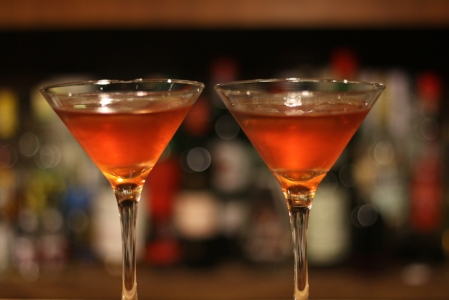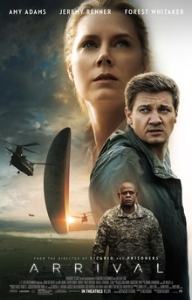Our Hallowe'en themed episode this year is about costumes -- and etymologies and origin stories of a whole bunch of iconic items of clothing. We talk about the semiotics of fashion, the many varieties of the toga, and hats that caused fainting fits, and finish off with a couple of spooky Roman stories! Also, check out this year's Hallowe'en video, on words for Ghost.
Show Notes
"Costume" video
"Jack o'Lantern" video
Ep 22: Jack o'Lantern podcast
Justin Trudeau in Canadian Tuxedo (Source)














































